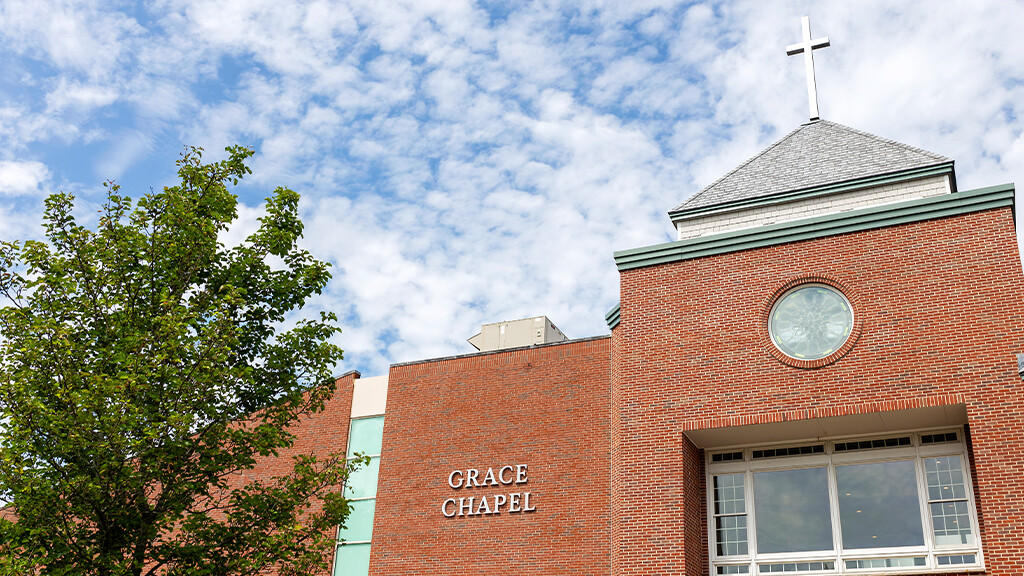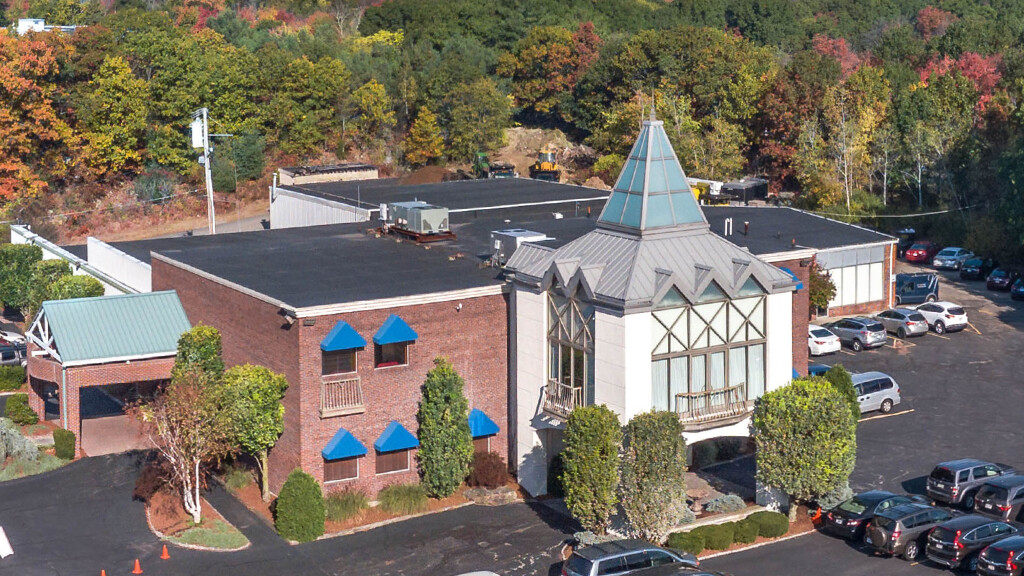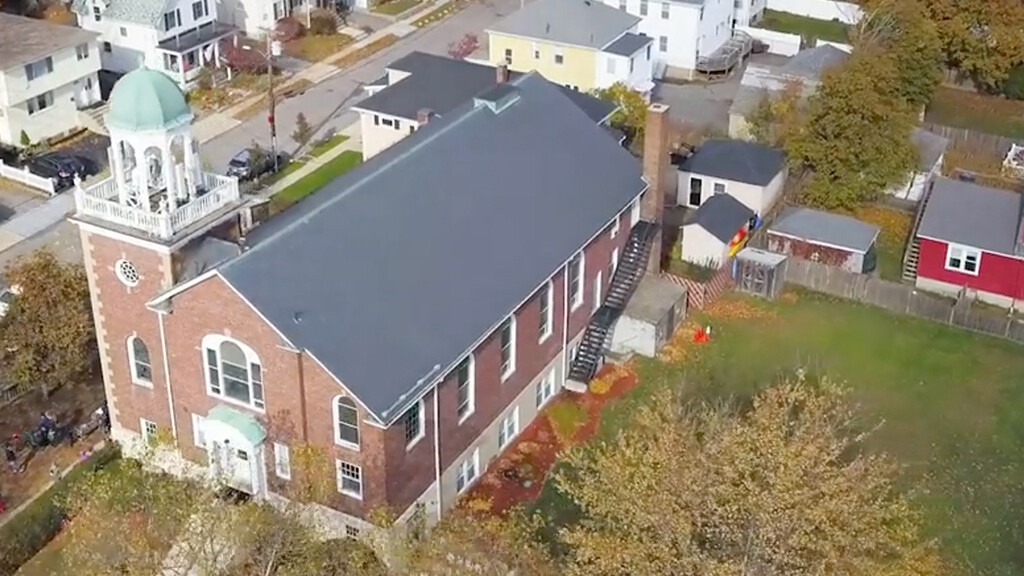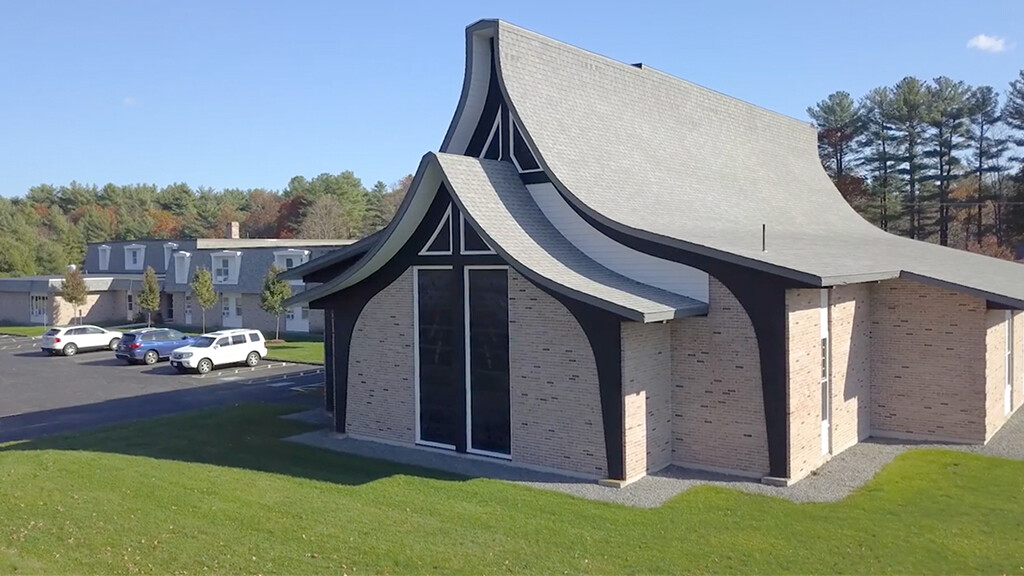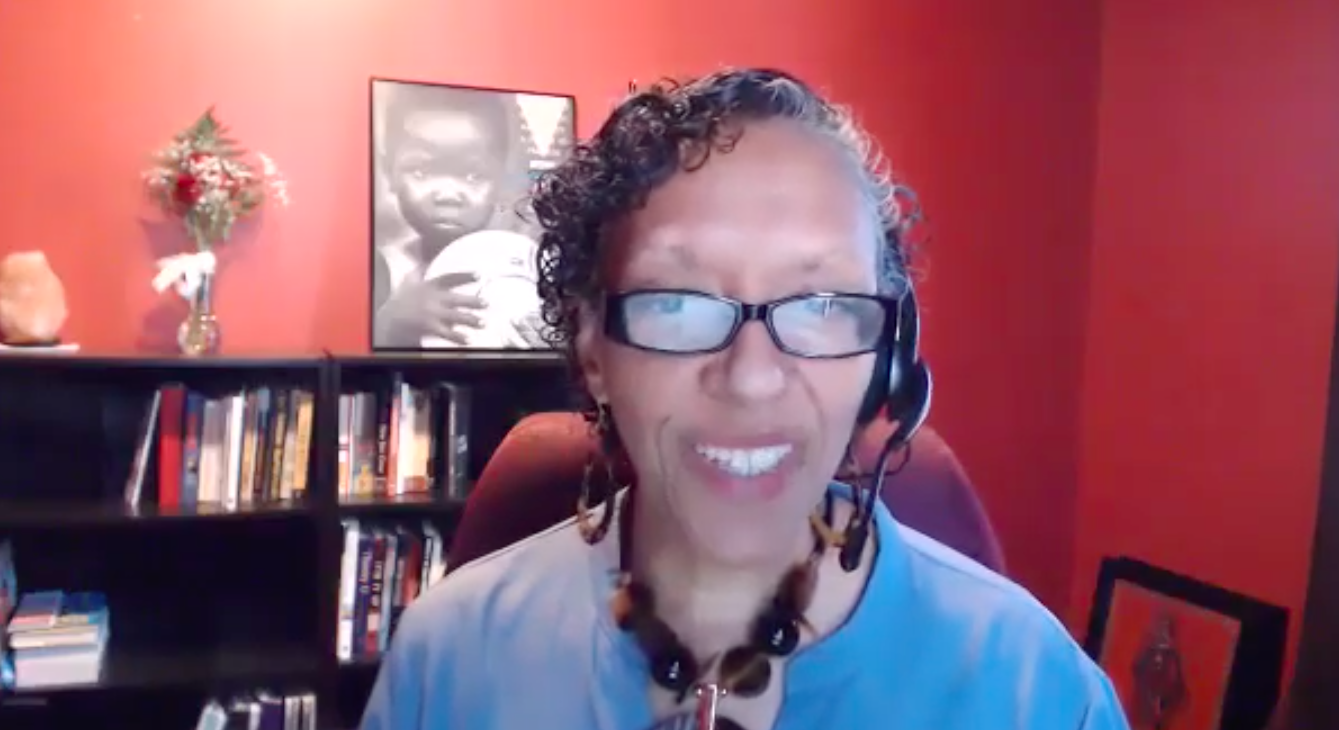
Reconciliation is More than Just Getting Along
Hi Grace Chapel Family.
I’m Cynthia Silva Parker and I’ve been at Grace for many years. I’m glad we are taking time as a congregation to explore racism from a biblical perspective. I want to share a few thoughts about racial reconciliation, but first, a few words to introduce me.
I’m a Black woman, who’s a wife to a Black husband and mom to three Black sons who, by God’s grace, have made it successfully to young adulthood. I am so grateful for that. And, I resent that I live in a country where on any given day, in response to any kind of situation that would be benign for white people, racism could take them away from me. And I am acutely aware that my husband and one son who are dark-skinned are at an even greater risk than my light-skinned sons or me. Dealing with racism is not academic for me. It’s deeply personal.
Now, about racial reconciliation. I agree with Pastor Bryan that we, as the church, bring unique and important to the table. Namely, our faith. And, I have to be honest. I wrestle with the term. Not only because of the way that the church has so often been an instrument of racial oppression. But because the whole idea sounds so interpersonal. Like a Christian version of “can’t we all just get along?!” I’m dating myself with that reference the 1991 beating of Rodney King by LA police. But it applies.
Racial reconciliation is about way more than just ridding ourselves of biases and getting along with people. In the Biblical sense, reconciliation is about ending the separation between God and humanity that was caused by sin. It required a serious and enduring solution to the underlying source of the separation. If we want racial reconciliation, we can’t have it on the cheat. We need to reckon with the roots of the separation. On one level, the problem is deeply spiritual, rooted in the worst kind of pride, greed, and ruthlessness that fueled colonization and the slave trade. But uprooting that deep sense of superiority and restoring interpersonal relationships isn’t the only thing we have to do.
We also have to deal with hundreds of years of economic and social consequences. A woman named Kimberly Jones said it powerfully online recently. Think of it like a game of Monopoly. For 250 years, Black people went around and around the board but were never paid when they passed Go. Everything they built went to the white players, who amassed wealth from their labor. For another 100 or more, they played with one die while the white players played with three. And whenever they did accumulate anything, there was always the risk that racist violence would take it away, like the 1921 burning of Tulsa’s Black Wall Street. Today, the ancestors of these two groups are in markedly different positions, with Black American families holding roughly 10% as much wealth as white American families. And that has set the stage for all manner of disparities in housing, health, education, and more. If we want racial reconciliation, we have to reckon with the enduring, present-day, material and social effects of racism. Building deeper understanding and appreciation across racial differences is a good place to start, but we have to do so much more. While we are all situated differently, and we’re all on different learning curves, we are all in this together.
